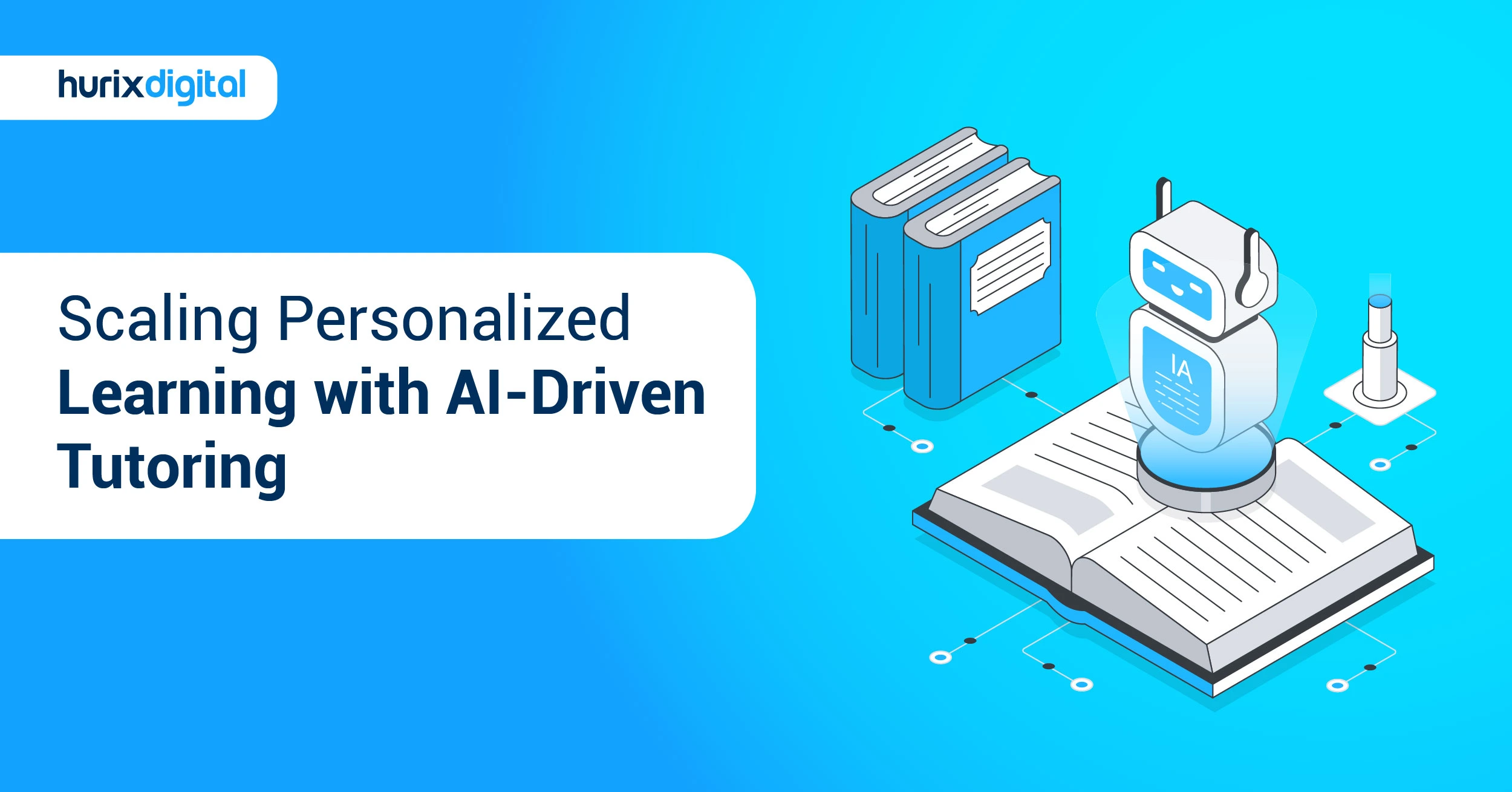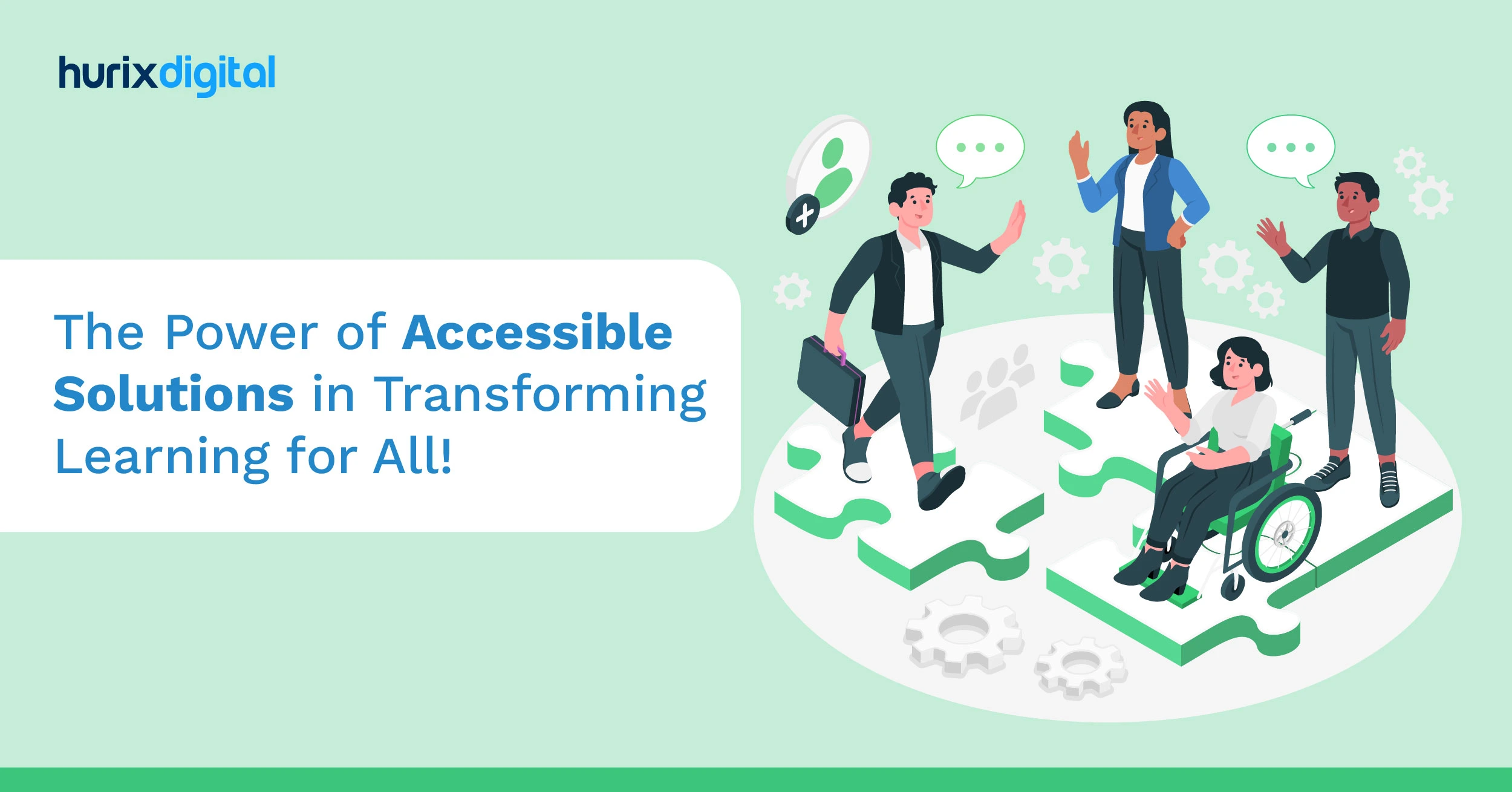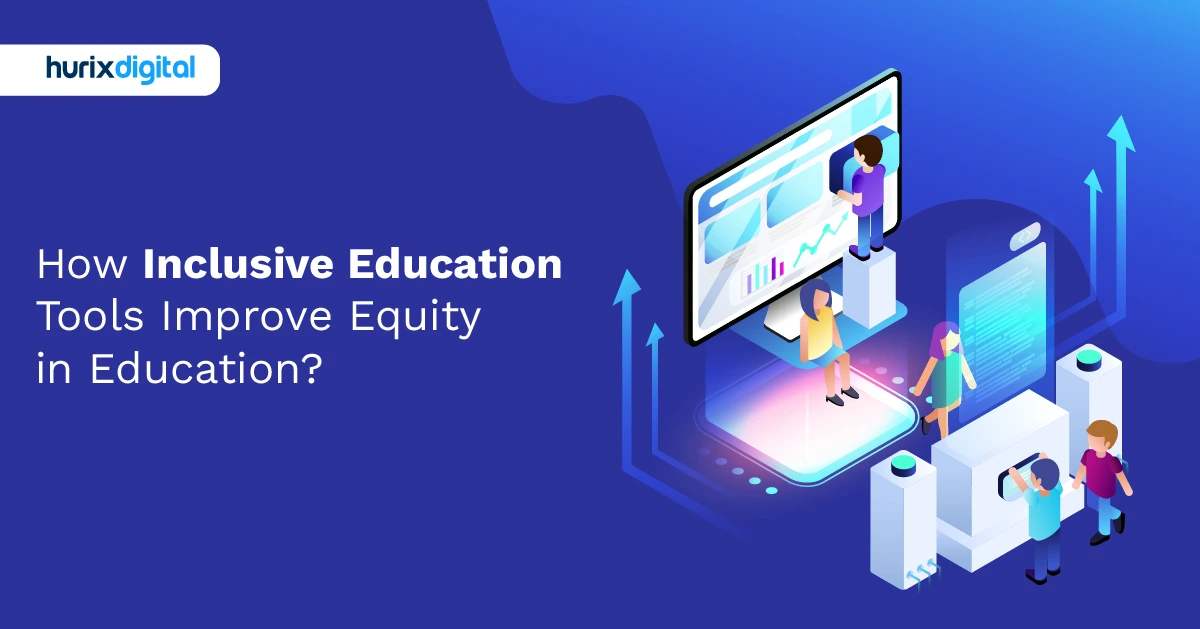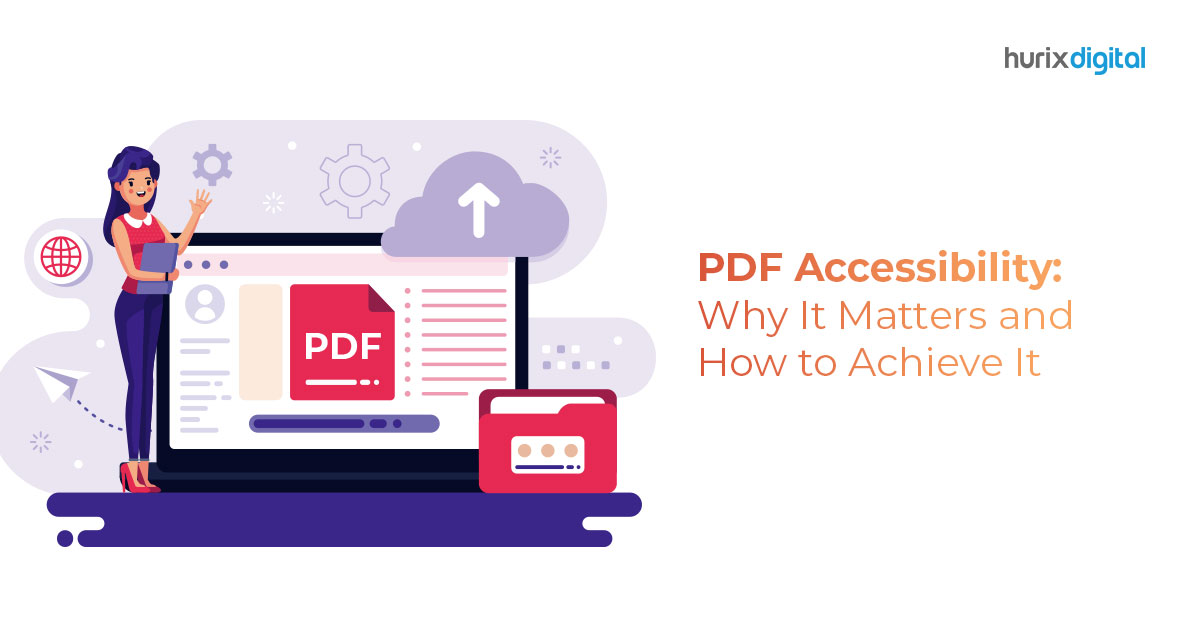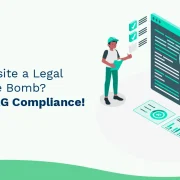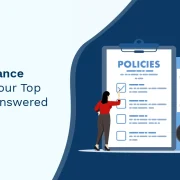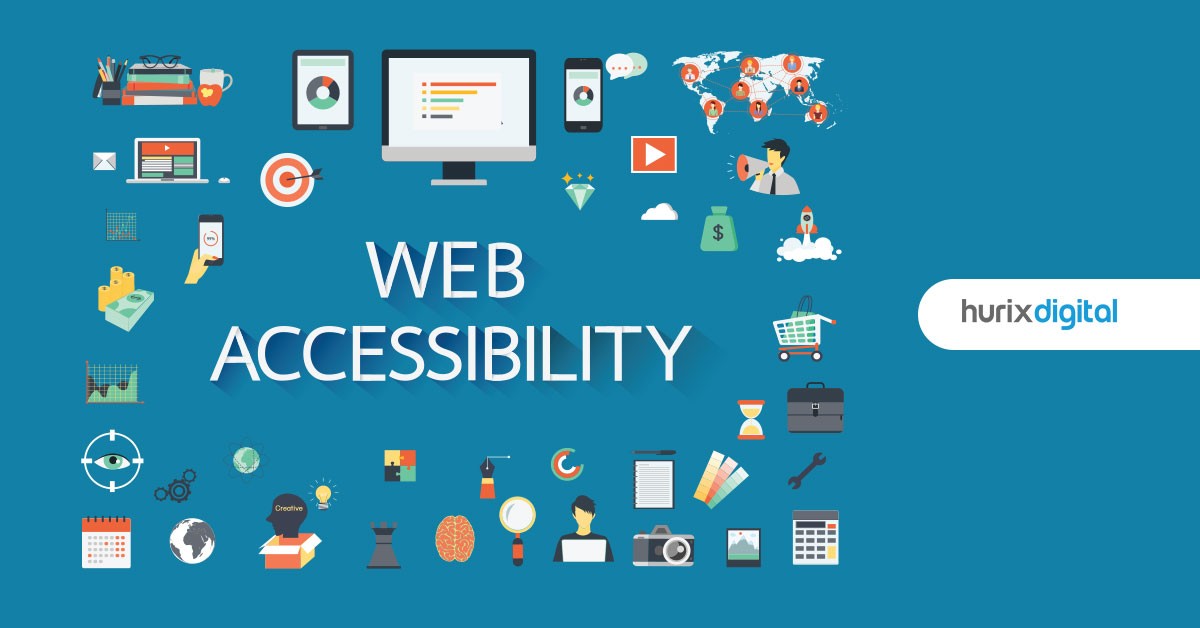
All You Need to Know to Ensure Web Accessibility
Summary
Explore essential web accessibility laws, guidelines, and practices for an inclusive digital space in this must-read blog for equitable online experiences.
The law requires people to have equal access to technology, irrespective of their limitations and disabilities. It is this requirement that brought several other laws, acts, and guidelines such as Section 508, ADA, and WCAG into practice. With the internet being a ubiquitous presence around us, it must be accessible too, without any form of discrimination. All these laws concerning accessibility have the same goal- to make digital technology and information accessible to people with disabilities.
Related Read: 5 Reasons Why Enterprises Need to be WCAG Compliant
Key Web Accessibility Standards and Guidelines
Here are some guidelines that govern the accessibility standards:
508
Section 508 was made part of the Rehabilitation Act of 1973 in 1998. It is a federal law that requires US Federal agencies to make their electronic and information technology (EIT) accessible to people with disabilities. But it is not limited to federal agencies, it also applies to other companies that do business with a federal agency. Section 508 compliance testing tools allow for an organization to test whether its websites are compliant with the WCAG 2.1 AA guidelines.
ADA
The Americans with Disabilities Act (ADA) is a civil rights law that prohibits the discrimination of people with disabilities in all areas of life, including when using electronic and information technology. This law applies to all public and commercial facilities as well as state and local government services. The ADA has adopted WCAG 2.1 AA as its core guidelines for website accessibility and online content. Websites that discriminate against members of the public may be considered in violation of federal ADA laws. Make sure your website is an ADA compliance website to protect from lawsuits.
EN 301 549
EN 301 549 is the European standard that pertains to digital accessibility testing. According to this standard, all Information and Communication Technology (ICT) in the public sector must be fully accessible. The standard includes every type of digital technology, including software, mobile apps, websites, and more. Any multinational corporation partnering with a European organization will need to comply with these web accessibility standards. EN 301 549 has adopted the WCAG 2.1 AA as accessibility standards guidelines to ensure that people with different kinds of disabilities can use the websites.
ATAG
The Authoring Tool Accessibility Guidelines (ATAG) 2.0 provides detailed accessibility standards for creating web content authoring tools. ATAG was developed by the Authoring Tool Accessibility Guidelines Working Group (ATAG WG), which is part of the World Wide Web Consortium (W3C) Web Accessibility Initiative (WAI). It shares WCAG 2.0’s three-level conformance model: Level A (lowest), AA (middle), and AAA (highest). ATAG guidelines explain how to make authoring tools accessible so that people with disabilities can create web content, and help authors create more accessible web content.
WCAG
Web Content Accessibilities Guidelines or WCAG 2.1 is the updated version of WCAG 2.0 which is a standard set of guidelines that explains how you should make your website accessible for people with disabilities. This was produced by the World Wide Web Consortium (W3C) and is designed to allow content to be accessible to people with a variety of disorders including blindness, color blindness, learning disabilities such as dyslexia and ADHD, speech disabilities, limited movement, cognitive limitations, and many more.
Also See: Infographic: Website Accessibility and WCAG 2.1
It is essential that enterprises create a culture of understanding regarding accessibility concerns. There are currently more than 2 billion disabled people in the world, which is 37.5% of the world’s population. Designing websites under WCAG 2.1 makes them more inclusive and mobile-friendly for this population. The tools and platforms used by an enterprise should be integrated with accessibility features in the designing or procurement stage itself, rather than as a later update on an ad-hoc basis.
WCAG 2.0 and 2.1 outline three levels of compliance.
- Level A is the highest priority and usually the easiest to achieve
- Level AA is more comprehensive
- Level AAA is the strictest, most comprehensive accessible design
WCAG 2.1 is backward compatible, which means that content that conforms to WCAG 2.1 also conforms to WCAG 2.0. It includes more standards that benefit individuals with cognitive or learning disabilities, users with low vision, and users with disabilities on mobile devices.
Also Read: WCAG – Quick Facts and Guide
White paper:
WCAG – The Road to Making Businesses Accessible
WCAG’s 4 Principles of Accessibility
According to the WCAG 2.1 guidelines, accessible websites must meet four standards – they must be perceivable, operable, understandable, and robust.
1. Perceivable
Information and user interface components must be presentable to users in ways they can perceive.
- Text alternatives for non-text content: There must be text alternatives provided for all multimedia content.
- Adaptable content: Provide publishable web content in different formats that can be perceived without losing information or structure.
- Distinguishable content: The content should be easier for users to see and hear, including separating foreground items from backgrounds.
2. Operable
User interface components and website navigation must be operable. This means that users can operate interfaces, and it doesn’t require interactions that they can’t perform.
- Keyboard access: Businesses should make all functionality available from a keyboard interface without requiring specific timings for individual keystrokes, except where the underlying process requires the end user’s input or movement.
- Time controls: Users must be given sufficient time to read and use the content. They must also allow users to navigate and find content on the site.
- Photosensitivity awareness: Avoid designs that could provoke seizures or physical reactions.
3. Understandable
Information and the operation of the user interface must be understandable. The site must be designed in a way that is easy to navigate.
- Readable: Text content must be clear, concise, and comprehensible.
- Predictable: Web pages should operate predictably.
- Input assistance: Companies should provide a tool that helps users avoid and correct input mistakes.
4. Robust
Content must be robust enough that it can be interpreted reliably by a wide variety of user agents, including assistive technologies.
These four principles are what make a website simple, flexible, and accessible. Taking these factors into consideration while designing a website will ensure that people, irrespective of their disabilities, can easily navigate and use your site.
The Future
It is speculated that an additional dot release of WCAG 2 (WCAG 2.2) may be published in the future. The next major version update to WCAG will be WCAG 3.0 (also known as project “Silver”). WCAG 3.0 is scheduled for release in 2021 and is intended to be a much more inclusive set of guidelines that are easier to understand and implement. This implies that every organization will invariably have to comply with the WCAG guidelines. At HurixDigital, we enhance the accessibility of your content for websites and mobile applications.
We help create an inclusive space where everyone can access your digital content. Get in touch with us if you want to make your content, mobile app, or website WCAG-compliant.

Vice President – Content Transformation at HurixDigital, based in Chennai. With nearly 20 years in digital content, he leads large-scale transformation and accessibility initiatives. A frequent presenter (e.g., London Book Fair 2025), Gokulnath drives AI-powered publishing solutions and inclusive content strategies for global clients

